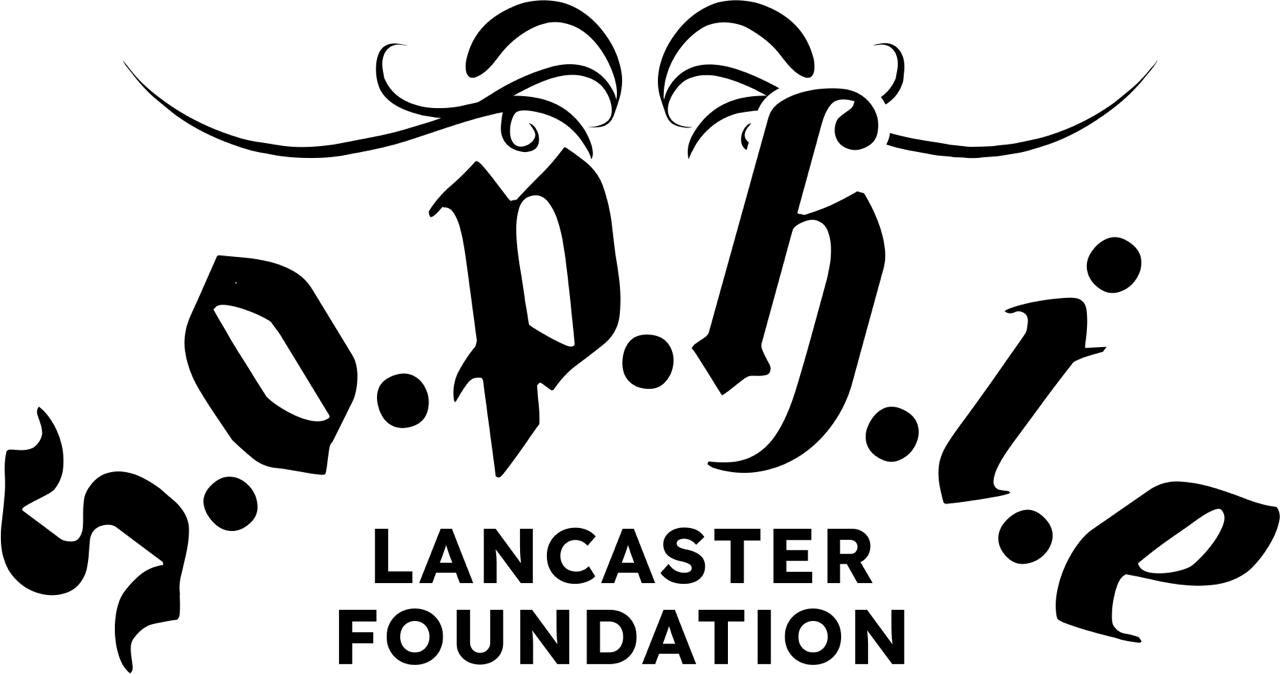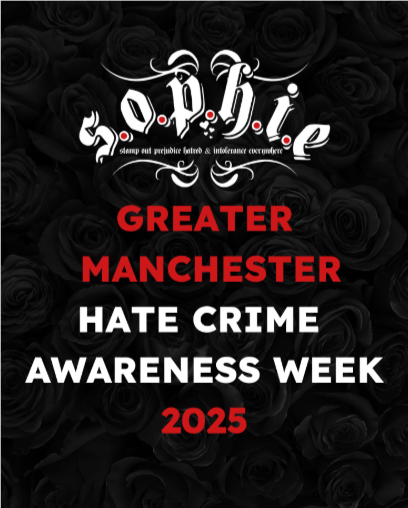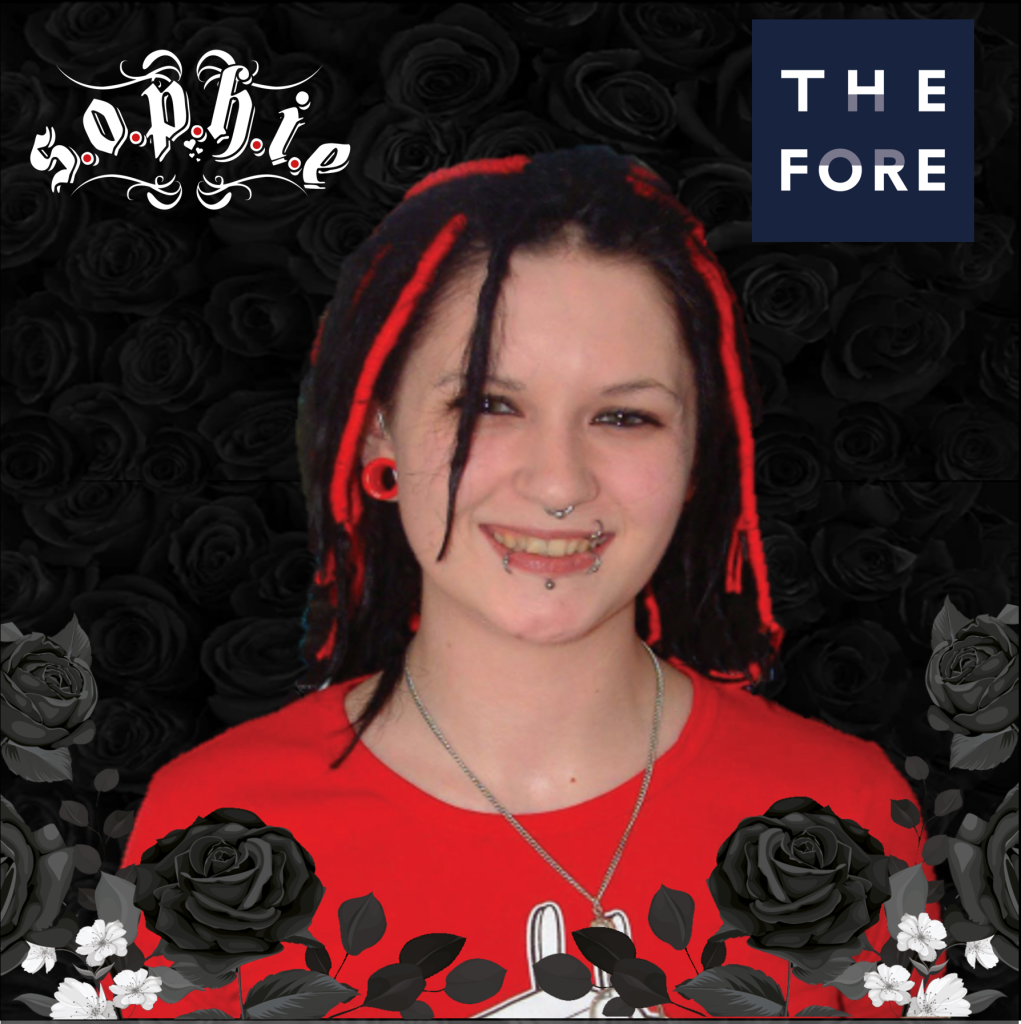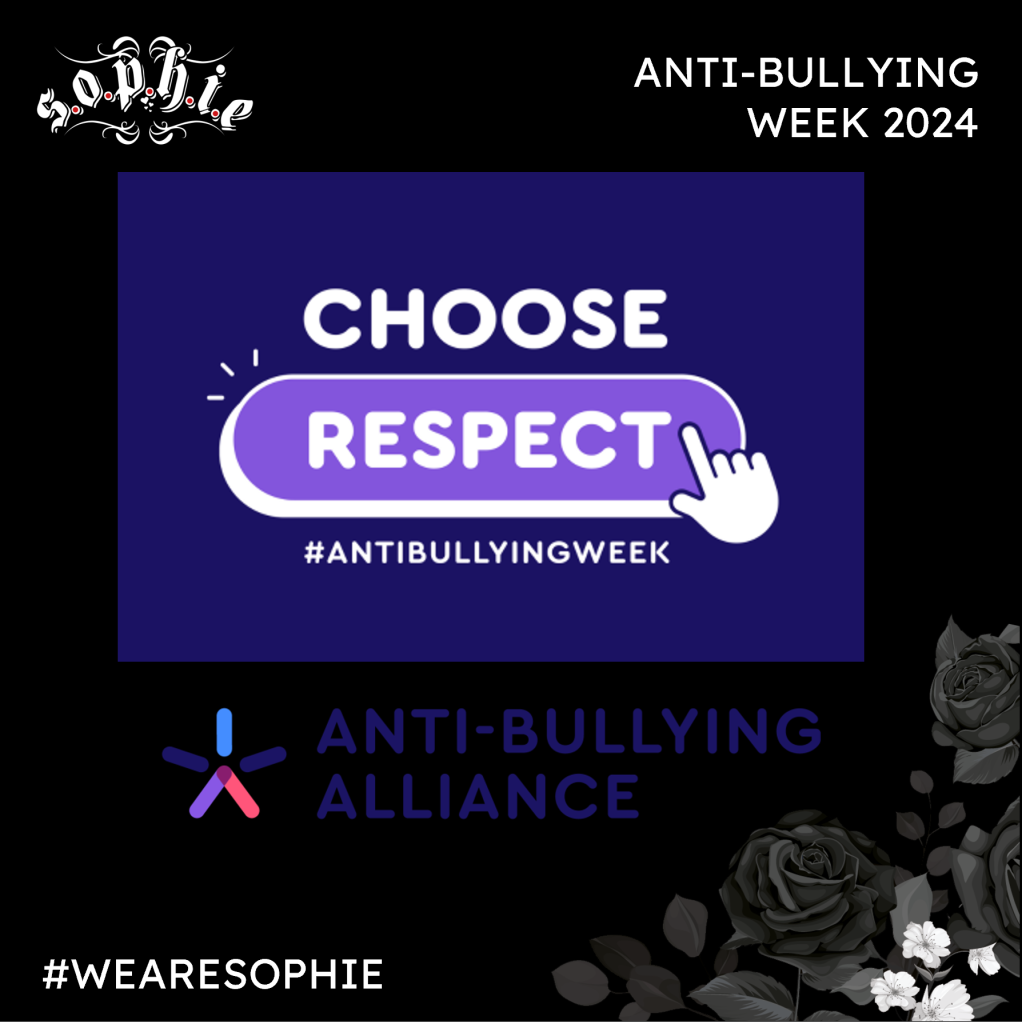In late 2018, the government asked the Law Commission to undertake a wider and more in-depth review of the hate crime laws than previously undertaken. Amongst other things, it was also to consider the efficacy of the legal mechanisms, and whether any further characteristics should be added to the five currently specified (race, religion, sexual orientation, disability and transgender identity). After initial phases of consultation, a consultation paper was published in September 2020. The Sophie Lancaster Foundation contributed to this consultation, as did many other organisations and individuals. The final report was published in December 2021.
The recommendation was that alternative sub-cultures should not be added to the list of monitored strands of hate crime.
The consultation proposed three criteria for selecting any new characteristics, one of which was ‘Additional Harm’. This was looking for evidence that criminal targeting based on hostility or prejudice towards the characteristic, causes additional harm to the victim, members of the targeted group, and society more widely.
The final report stated:
“We therefore accept that the ‘additional harm’ criterion is met in respect of alternative subcultures. The work of academics such as Garland, the testimony we have heard from the Sophie Lancaster Foundation and other individual responses powerfully demonstrate the way in which members of alternative subcultures experience these crimes as an attack on their core identity, and this in turn causes wider fear amongst the affected community.”
However, another of the criteria, ‘Demonstrable Need’ wasn’t evidenced sufficiently:
“However, we are of the view that the available evidence of this criminal targeting does not establish a strong demonstrable need to extend protection to this group. A number of consultees acknowledged that there is a lack of concrete evidence that this criminal targeting is prevalent, despite 18 police forces now recording hate crimes and incidents perpetrated against members of alternative subcultures.”
Sophie’s murder was recognised and sentenced as a hate crime, and as Judge Russell said at the trial, it was “equal to all other strands of hate”. The College of Policing manual states that the five strands of monitored hate crime are the minimum categories that police officers and staff must record and flag and use Sophie’s murder as a case study in unmonitored strands of hate crime. Realistically though, how reliably will hate crimes that fall outside of the five specified criteria, be consistently and effectively recognised, policed and sentenced?
We are committed to our work with the police and the judiciary. We will continue to tell Sophie’s story and raise awareness of the prejudice and intolerance that exploded into violence and sadly still does. This work will ensure that professionals in the justice system have a better understanding of the effects of violence on the alternative community, in the hope that this translates to a better experience for people reporting this crime.
We are asking for your help.
If you are the victim of an assault or a hate crime, please report it. Many people feel better when somebody has listened. We often hear that people don’t report as they do not have the confidence that it will be taken seriously, but if it is not reported, we will never address the scale of the problem.
Our website has further details of how to report: https://www.sophielancasterfoundation.com/hate-crimes/
We’ll be out soon at festivals all over the country. It would be good to talk to you there about your experiences and what we can do to make things better.
Thanks.
Please find links below to the full report and a summary report of the key findings:
Full report
Summary Report



